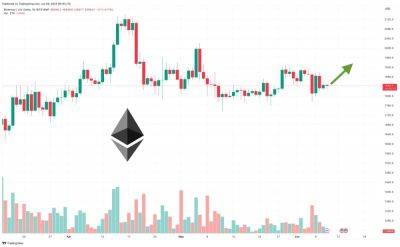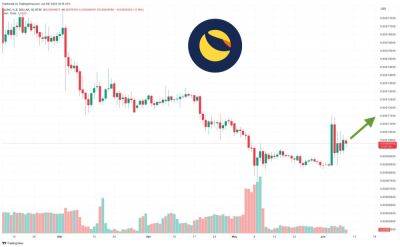A university education doesn’t have to lead to a lifetime of debt. There is another way
F ifty years ago, the average 24-year-old would have been married, living with their partner, and probably already a parent. Census data out last week shows that today they’re probably still living with their parents.
Welcome to the modern phenomenon dubbed “stretched adolescence”. It’s a term that hints at baby boomers unable to quite get their twentysomethings to leave the parental home. But this is to confer a ludicrous degree of agency on the zoomer generation. They are not choosing a Peter Pan lifestyle: the straitjacket is imposed on them by harsh economic realities. Who really wants to live with their parents into their late 20s, struggling to save a deposit to rent, let alone buy?
Yet those with a childhood bedroom they can continue to live in for no, or subsidised, rent while working in a job with prospects are the lucky ones. How many of these under-25s are trapped living in a place where the only work available is low paid, with few opportunities for development and progression?
Intergenerational inequalities are so often framed as a grim economic equation. If the price of a supermarket chicken had risen at the same rate as house prices since the 1960s, it would today cost more than £50: rising house prices have delivered a huge windfall to owners at the expense of renters, who pay some of the highest rents in Europe.
The average graduate leaves with tens of thousands of pounds of debt that they will end up paying back for most, if not all, of their working lives; changes introduced last autumn mean that average-earning graduates will end up paying significantly more, while the highest earners will pay less. Factor in the increasing taxes they will have to pay to meet the costs of an ageing population, and how on
Read more on theguardian.com



















